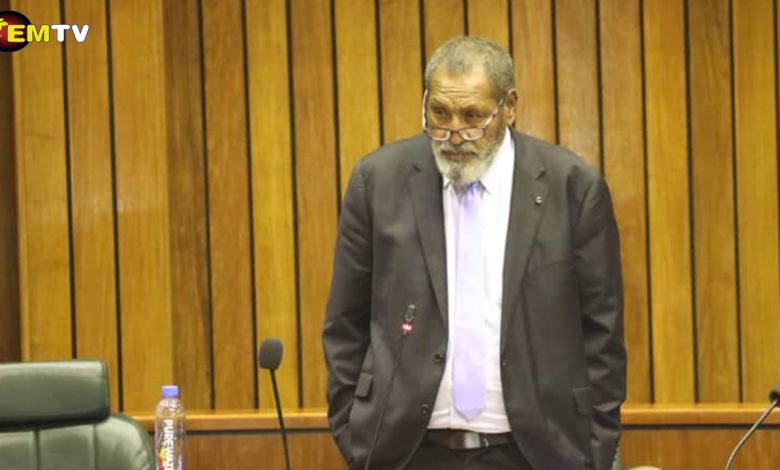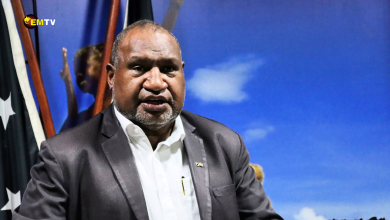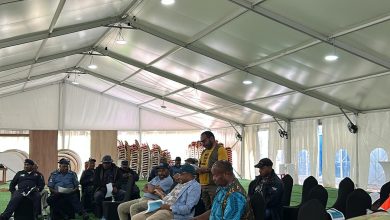COURT QUASHES K60M WARRANT AUTHORITY IN PNG

By James Guken
The National Court of Justice has quashed a decision made by the Minister for Treasury, Ian Ling-Stuckey, concerning the allocation of K60 million from Papua New Guinea’s Consolidated Revenue Fund.
The court found that the Minister’s actions were unlawful and violated legal procedures.
Today, the court ruled in favour of Gulf Governor Christopher Haiveta and the Gulf Provincial Government, who challenged the issuance of a warrant authority by the Treasury Minister back in July of 2024.
The warrant authorized the expenditure of the K60 million to be given then to the Enga Provincial Government for various development projects, including Papua LNG-related grant and security operations.
The plaintiffs argued that the Minister’s decision was not in line with the appropriations set out in the national budget, as outlined in the Appropriation Act of 2023.
They contended that the funds were allocated for specific projects in the Gulf and Central Provinces, and not for Enga; the issuance of the warrant was done without proper legal authority.
The court agreed, citing errors of law, excess of authority, and unreasonable decision-making.
The Minister’s actions were deemed “ultra vires” and beyond his legal powers. As a result, the court issued a “certiorari” order to quash the decision and declared the warrant authority null and void.
The court also set aside the specific development warrants, being the following; the K20 million for the Papua LNG Project in Enga, as well as the K30 million for PNG LNG Project, and K10 million for security purposes in Enga.
The defendants were ordered to cover the plaintiffs’ legal costs.
These ruling underscores the importance of adhering to budgetary processes and legal constraints in the allocation of public funds.






